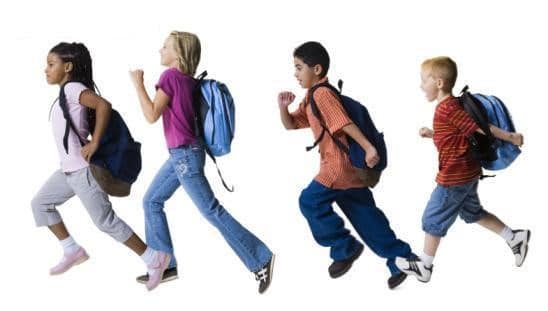Virtual School Bags

The following is a summary of a Queensland Department of Education publication in 2003. A link to the article can be found here.
This government released document examines another article by Pat Thomson (2001) who coins the concept of a virtual schoolbag.
The virtual school-bag is the idea that all students when they enter school have a metaphorical backpack with a set of skills and ideas – some of which are useful, and others not. Thomson finds that students from a migrant background, and of a lower Socio-Economic Status have less valuable skills than their counterparts.
Some students may have musical, business, care, and cooking skills, and find little to no use for these in the classroom. Conversely, other students may have skills such as book knowledge, computer skills, knowledge of media, all of which are useful in the classroom.
The problem outlined in this article, and in Thomson’s article, is that while students may be equally skilled in different areas, their cultural and economic background means students are only using a few of these skills – some of which are exclusive to the dominant ethnicity and higher economic statuses. Thus, schools prioritise different skills for different students, thereby alienating many students because their skills do not align with the skills the curriculum wants to teach.
So why is it that the education system puts a hierarchical value on knowledge and skills at such a young age? It’s got to do with economic benefit.
The education system produces students who have the skills to participate in society and its economic model. That’s why skills such as language manipulation, and a knowledge of the Australian culture and media are so highly valued – but also explains why certain students of different racial and economic backgrounds so often fall behind.
Skills are often given to students by their family members, and a student with exposure to a migrant family, will have the skills that migrant families have – agriculture, looking after siblings, music, a different language, maths skills etc. but these are not so valued in an Australian school.
Therefore, all these skills they have often go to waste. It is necessary then, to foster and cultivate different skills so that students can excel in all areas. Often, teaching through these skills can also be beneficial to learning the skills in the Australian curriculum.
